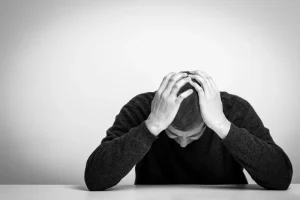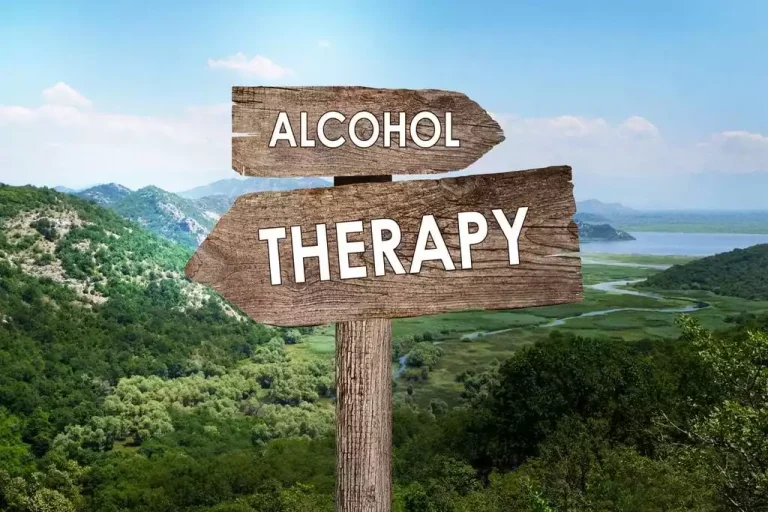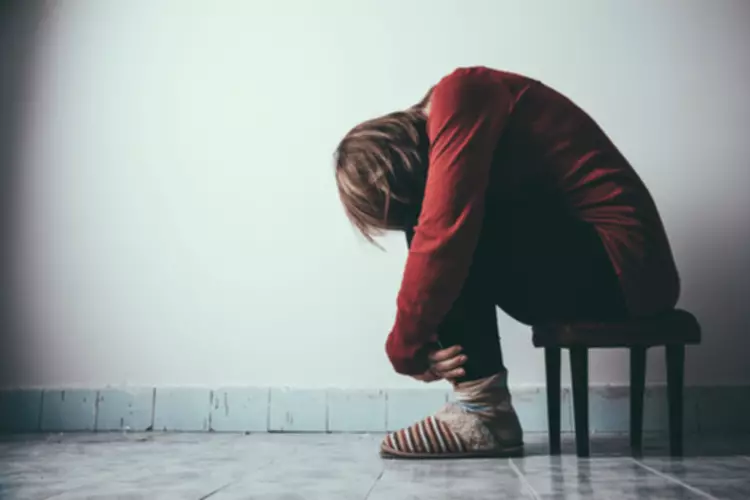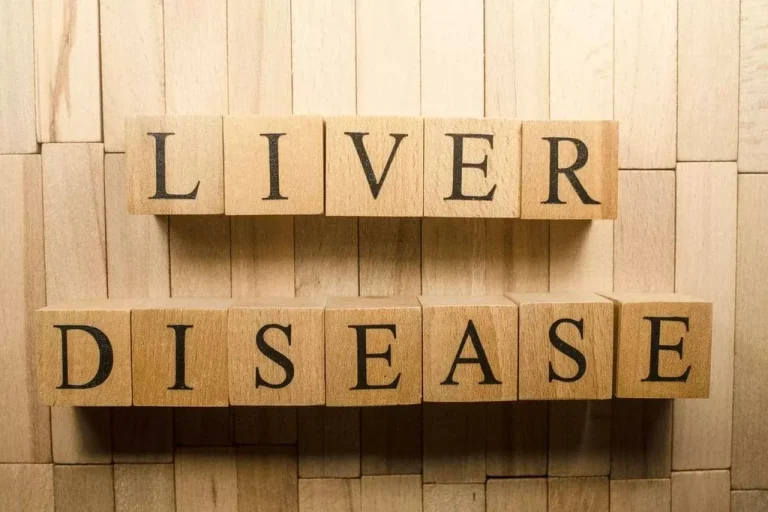Heres How to Hydrate Your Body After Drinking Alcohol
- Home
- Heres How to Hydrate Your Body After Drinking Alcohol







Although beer has a high water content, it does not hydrate us. A small amount of beer will not lead to severe dehydration, but we should not drink beer to rehydrate. We’ve had a night out, and the next morning we wake up and aren’t feeling well. If we’re experiencing any of these after excessive alcohol consumption, we could have alcohol dehydration, which can result in serious health consequences.
These include increased facial lines, oral commissures (lines around the mouth), and increased visibility of blood vessels. If you alternate alcohol and water as you drink, you slow your intake of alcohol. This may give your liver more time to metabolize it, but that can also be accomplished by simply drinking more slowly. Added sugar creates extra acid, which makes it harder for your body to store water. Salty foods, like chips and other snacks, are also risky when it comes to staying hydrated. Drinking alcohol can dehydrate you, and it’s one of the main reasons you can get a hangover.
A bottle of whiskey on the mountain after a full day of skiing and snowboarding sounds like a dream. If you’re drinking at altitude (and you’re not used to it!) remember that dehydration is a much bigger concern. Above 5,000 feet elevation, your body can lose fluids almost twice as fast as it can at sea level. These products contain electrolytes, potassium, sodium, and chloride – all of which your body loses with higher urine output.

Besides dehydration, alcohol can have other negative effects on the body. For this reason, a person should drink alcohol in moderation and avoid binge-drinking or chronic heavy drinking. Consuming alcohol leads to dehydration and can affect several systems and functions in the body. It is important for a person to be aware of the signs and symptoms of alcohol-induced dehydration and the ways to avoid it. Having a few drinks can be fun, but feeling dehydrated or hungover is not.
Understanding the effects of alcohol on dehydration and how it can impact your health is crucial to making informed decisions about your drinking habits. Due to the lower alcohol content, beer will dehydrate you slightly less than liquor. However, due to how alcohol affects the production of ADH, you will still become dehydrated after drinking beer. Consuming one beer leads to a 62% increase in urine produced compared to having a glass of water.

When alcohol is consumed, it can cause dehydration by increasing urine production and reducing the body’s ability to retain water. Key to keeping fluid in check, kidneys filter our blood and produce urine. The result of alcohol then entering the bloodstream disrupts the fluid particle balance that is, before consuming alcohol, typically stable.

This can lead to dehydration and further electrolyte imbalances. Understanding how consuming alcohol leads to increased urination requires an understanding of ADH. ADH stands for antidiuretic hormone (also known as vasopressin). When the human body senses it is getting dehydrated, the pituitary gland produces ADH to reduce urination.
Chronic dehydration linked to alcohol consumption has been shown to have adverse effects on cognitive function. When the body is dehydrated, it can lead to a reduction in blood flow to the brain, which can impair cognitive function and increase the risk of memory problems and other cognitive impairments. It’s important to note that the severity of alcohol dehydration depends on the amount of alcohol consumed and the individual’s body composition. A person who consumes a large amount of alcohol in a short period of time is more likely to experience severe dehydration than someone who drinks moderately over a longer period of time. Drinking water before, during, and after alcohol consumption can help prevent dehydration.

It’s currently unknown whether or not alcohol dehydrates muscle, but it definitely weakens it. Due to its diuretic effect, alcohol makes it more likely for tissues to be deficient in electrolytes. This is something for athletes to be aware of, as it puts them at greater risk of pulling or straining their muscles.
In fact, a mixed drink can be more hydrating (okay, okay, less dehydrating) than taking a shot. Additionally, the type of alcohol consumed can also play a role in dehydration. Drinks with a higher alcohol content, such as spirits, are more likely to cause dehydration than drinks does alcohol dehydrate you with a lower alcohol content, such as beer or wine. The word ‘moderate’ is commonly played out when it comes to alcohol consumption, including packaging and advertising. Defining ‘moderate consumption’ typically refers to guidance that outlines recommended alcohol intake.